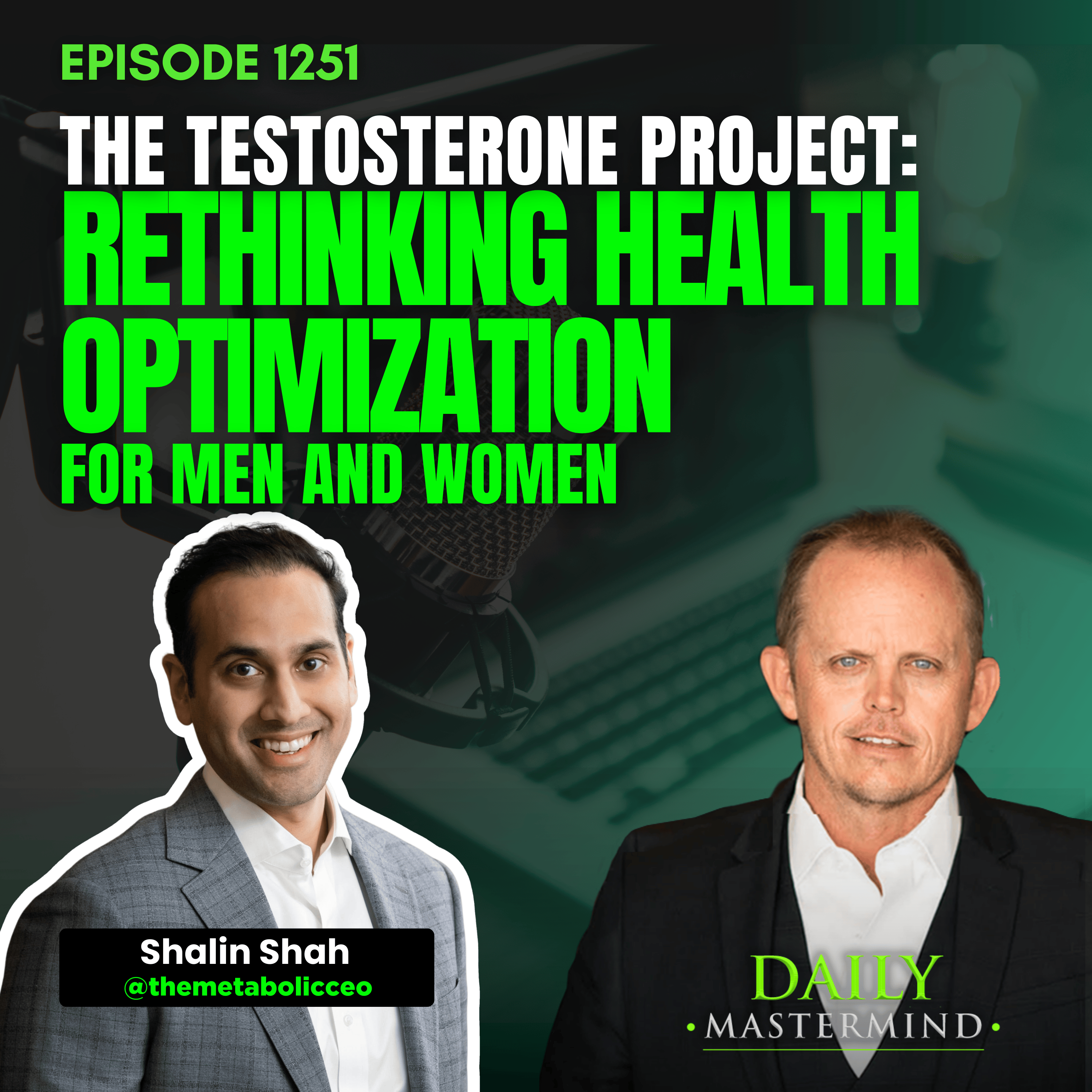
How to Turn Self Doubt Into Your Super Power TB
Are you holding yourself back because of self-doubt? Do you ever question your worth, your decisions, or your ability to achieve your goals? If so, you're not alone. In this blog, we explore the root causes of self-doubt, the impact it can have on your life, and how to overcome it so you can unlock your true potential.
How to Turn Self Doubt Into Your Super Power TB
Self-doubt is something we all experience. It's that internal voice that whispers, "I'm not good enough," or "What if I can't handle this?" Whether you're starting a new job, launching a business, or stepping out of your comfort zone, self-doubt often creeps in.
Most of the time, self-doubt stems from a lack of either confidence or competence. Past experiences, comparing ourselves to others, and unfamiliar challenges all contribute to that feeling of uncertainty. While some level of self-doubt can be useful for self-reflection and growth, letting it take over your mindset can be detrimental.
"When you doubt your power, you give power to your doubt." – Honore de Balzac
Recognizing the Impact of Self-Doubt
If unchecked, self-doubt can be incredibly limiting. It holds you back from:
- Launching your dream business
- Pursuing your passions
- Applying for that promotion
- Taking bold steps in your personal and professional life
It leads to procrastination, missed opportunities, and decreased self-confidence. Over time, excessive self-doubt can spiral into anxiety, depression, and fractured relationships. Simply put, it stifles growth.
Embrace Your Doubts Instead of Avoiding Them
Oddly enough, the first step to overcoming self-doubt is to accept it. Recognize it when it appears and don’t punish yourself for feeling unsure. Everyone experiences doubt; it’s a natural part of being human.
Avoiding your self-doubt only drains your energy. Embracing it, however, allows you to redirect that energy toward your goals. Rather than suppressing your doubts, acknowledge them, learn from them, and move forward.
Stop Comparing Yourself to Others
"The only person you should try to be better than is who you were yesterday."
Comparisons are toxic. They fuel self-doubt and diminish your confidence. Instead of measuring your progress against others, focus on how far you’ve come. Celebrate your wins—big or small. Track your progress and reward your growth. This "gap vs. gain" mindset shift, popularized by Dan Sullivan, helps you focus on improvement rather than inadequacy.
Build Your Confidence Daily
Confidence is a muscle—the more you work it, the stronger it gets. Start by embracing your mistakes as opportunities to grow. Then, begin practicing:
- Positive self-talk
- Daily affirmations
- Setting and achieving small goals
- Healthy habits for your body, mind, and spirit
Confidence comes through consistent action and a willingness to learn. By nurturing it, you replace doubt with determination.
Rewrite Your Thought Patterns
Much of our self-doubt is rooted in faulty thinking. These distortions convince us of things that aren’t true and hold us back. To rewire your mindset:
- Identify thought distortions.
- Replace them with positive affirmations.
- Limit exposure to external negativity.
- Give yourself permission to take breaks.
- Practice daily gratitude.
- Focus on your strengths.
If needed, seek professional support to work through deeper mental patterns. There is strength in asking for help.
"Believe in yourself, your abilities, and your own potential. Never let self-doubt hold you captive." – Roy T. Bennett
Take Action Anyway
The best way to silence doubt is to move through it. Don’t wait for the perfect moment. The next time you hear that internal voice of doubt, act anyway.
"If you hear a voice within you say 'you cannot paint,' then by all means paint, and that voice will be silenced." – Vincent Van Gogh
Action builds momentum, and momentum builds confidence. Even a small step today can change the direction of your entire week.
Sharpen Your Skills and Get Clarity
Often, self-doubt is loudest when your path is unclear. Mastery fuels confidence. To gain clarity:
- Identify the skills you need to develop
- Research and model successful people in your field
- Take online courses, read books, attend workshops
The more competent you become, the more confident you feel. And the more confident you are, the less power self-doubt holds.
Final Thoughts: Self-Doubt Doesn’t Define You
We all doubt ourselves. The difference lies in how we respond to that doubt. With self-awareness, daily action, and a commitment to growth, you can move beyond hesitation and into empowerment.
So ask yourself: What small action can I take today to move toward my goal?
Then take that step.
Remember: self-doubt is normal, but it doesn’t have to be your story.
You are more capable than you think. It's never too late to start living the life you were meant to live.

.png)


